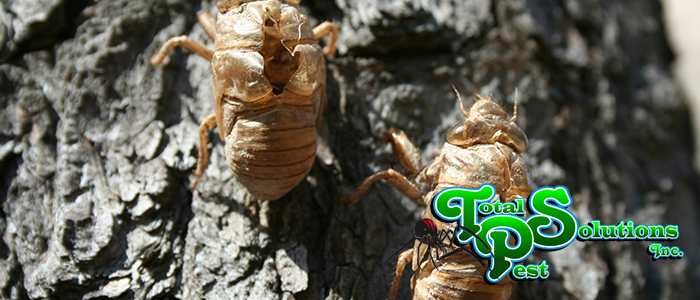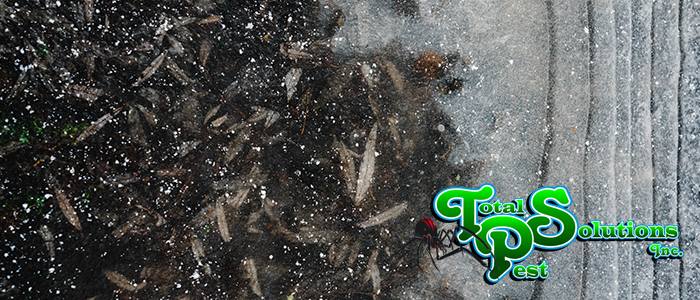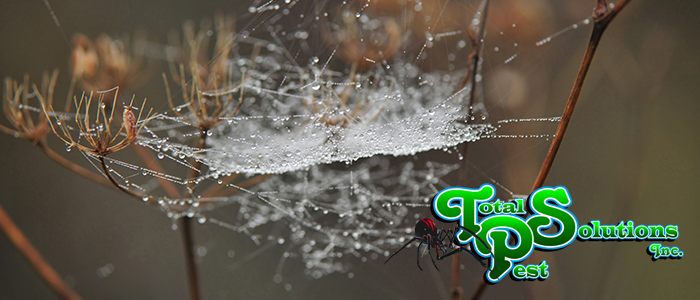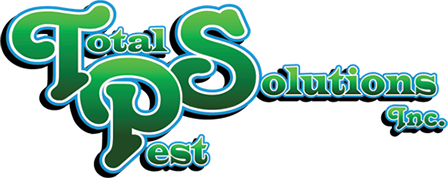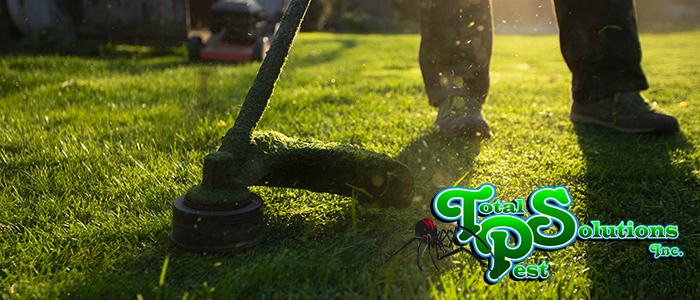
Green Up Your Lawn: Organic Lawn Care Tips for Eco-Conscious Homeowners
Are you an eco-conscious homeowner who wants to achieve a lush and healthy lawn while minimizing your environmental impact? Look no further! At Total Pest Solutions, we understand the importance of sustainable lawn care practices that promote a healthier environment. In this blog post, we will share valuable tips and advice on organic lawn care to help you maintain a beautiful lawn without compromising your eco-friendly values.
1. Soil Health: The Foundation of an Organic Lawn
To grow a vibrant and resilient lawn, it all starts with healthy soil. Optimal soil conditions allow grass to absorb nutrients, retain moisture, and resist pests and diseases more effectively. The first step in achieving soil health is to conduct a soil test. This provides valuable insight into the nutrient content and pH level of your soil, allowing you to make informed decisions about amendments and fertilizers.
Once you have the results of your soil test, it’s time to take action and promote a vibrant lawn naturally.
One effective practice is adding organic matter, such as compost and grass clippings, to your soil. This improves soil structure, enhances water retention, and provides essential nutrients for healthy plant growth. By incorporating organic matter into your lawn, you’re not only promoting better soil health but also reducing waste and contributing to a greener environment.
While taking care of your soil is crucial, proper watering and mowing practices play a significant role in maintaining a healthy and lush lawn.
2. Watering Wisely: Keeping Your Lawn Hydrated and Eco-Friendly
Conserving water while ensuring your lawn stays lush may seem like a challenge, but with these tips, you can achieve both!
One way to conserve water and promote deep root growth is by adopting the proper watering technique.
Instead of turning on your sprinkler system every day for short periods, opt for less frequent, deep watering sessions. This encourages grass roots to grow deeper, making your lawn more resilient and able to withstand drought conditions. Additionally, watering early in the morning or late in the evening prevents excessive evaporation, ensuring your lawn receives the maximum benefit from each watering session.
In addition to proper watering, maintaining an optimal mowing routine is vital for a healthy lawn.
3. Mow Like a Pro: Length, Frequency, and the Environment
Mowing your lawn might seem simple, but adopting the right practices is essential for a healthy, organic lawn.
Start by setting your mower’s cutting height to an appropriate length that leaves your grass healthy and robust.
Taller grass shades the soil, reducing water evaporation and weed growth. Aim to maintain a cutting height of around 3 to 4 inches to help your lawn stay greener and conserve moisture.
Alongside proper cutting height, the frequency at which you mow can have a significant impact on your lawn’s health.
Avoid cutting more than one-third of the grass blade length at a time to prevent stress and damage to your lawn. Regular mowing, typically once a week during peak growing seasons, helps to promote denser grass growth and reduce weed invasion, resulting in a healthier lawn overall.
While these practices contribute to a greener and healthier lawn, preventing and controlling pests organically is essential for long-term success.
4. Pests: Natural Solutions for Effective Lawn care
Pest control is a top concern for homeowners, but many commercial products contain harmful chemicals that can pose risks to you, your family, and the environment. At Total Pest Solutions, we offer eco-friendly pest control services that target pests effectively while prioritizing the safety of your lawn and the surrounding ecosystem.
One natural and environmentally-friendly approach is using beneficial insects as pest control agents.
Introducing predator insects like ladybugs and lacewings into your lawn helps naturally control pests like aphids, mites, and grubs. These beneficial insects prey on harmful pests, reducing the need for chemical pesticides and promoting an ecological balance in your yard.
In addition to beneficial insects, there are other organic pest control methods you can implement.
Regularly inspect your lawn for signs of pests and address issues promptly. Encourage biodiversity by planting native plants and flowers, attracting beneficial insects that prey on pests. Additionally, consider using natural pest repellents like neem oil or diatomaceous earth to deter pests without harming the environment.
Maintaining a beautiful and eco-friendly lawn doesn’t have to be a daunting task. By implementing these organic lawn care tips, you can achieve a lush and healthy yard while minimizing your environmental impact. At Total Pest Solutions, we are committed to providing expert pest control and lawn fertilization services in Auburndale, FL. With our help, you can create a thriving lawn that is not only aesthetically pleasing but also promotes a healthier planet.
continue reading
Related Posts
Davenport’s Pine Beetle Threats: Protecting Trees in Dormant Season As
Winter Roach Hotspots in Lakeland: Kitchen & Bathroom Prevention As
Davenport’s Spider Invasion: Managing Winter Web Builders As the temperature

